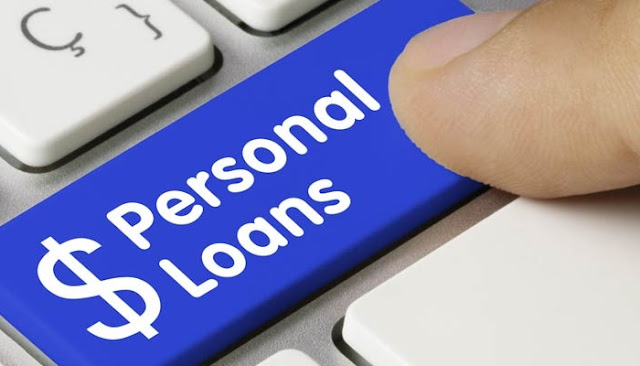Getting Maximum Benefits From Your Personal Finances
With all due respect to the importance of personal relationships, one of the most important facets of a successful life is personal finance. Making money, keeping it, and growing it makes the rest of your life easier and more enjoyable. Here are some ideas to help increase your personal bottom line.
Talk to different loan officers before you sign anything. Make sure to read over the lending contract very carefully to assure that you are not getting into a mortgage that has hidden charges, and that the terms of the loan are just as you and the lender had agreed to.
Banks offer two different types of loans: fixed and variable interest rate loans. Try to avoid variable interest rate loans at any cost as they can turn into a disaster. Fixed rate loans will have the same interest rate throughout the loan's life. The interest rate of the variable rate loans and their monthly payments change either by following the fluctuations of the market or the contract between the bank and the borrower. The monthly payment can easily reach a level the borrower can't afford.
Buying used can save you a lot of cash. Cars for example, lose up to 20% of their purchase price, just by signing on the dotted line and driving off the lot in it. Let someone else pay for that depreciation by purchasing a car that is a couple of years old. You will still have a low mileage warrantied car, but without the hit to your equity.
Watch those nickles and dimes. Small purchases are easy to forget about and write off, as not really making much of a difference in your budget. Those little expenses add up fast and can make a serious impact. Take a look at how much you really spend on things like coffee, snacks and impulse buys.
If you and your spouse have a joint bank account and constantly argue about money, consider setting up separate bank accounts. By setting up separate bank accounts and assigning certain bills to each account, a lot of arguments can be avoided. Separate banks account also mean that you don't have to justify any private, personal spending to your partner or spouse.
To improve your personal finance habits, make different categories for your various expenses. For instance, put fixed expenses such as rent or mortgage payments in one category. Variable expenditure, such as eating out, shopping, and credit card payments should be placed in a different category. This will help you prioritize expenses.
Make sure you're not overspending on luxury items that you can't actually afford. The most common problem people have is that they're spending more than they're bringing in. If you don't have the money for a luxury item, don't buy it. Instead of putting in on the credit card, put a bit of money aside toward the item each week. It'll save you more in the long run.
Use a credit card only if you pay it off in full each month. If you don't, the interest on an item that cost you $10.00 could end up costing you $50.00. You never want to pay more than you have to for anything!
One of the simplest ways to regain control of your financial situation is to record every single expenditure for a few weeks. The more you understand about your consumption patterns, the better prepared you are to identify potential areas for improvement.
One of the things that you can do in order to maintain a good personal financial standing is to have good medical insurance. If you become sick, ill or injured the medical bills associated with these have the capacity to ruin you financially. It is important to plan for these things.
Don't automatically buy the biggest containers of a product thinking you will be saving money. While that is most often the rule many times a comparison of the per unit price of a product will show that it is actually the same between bigger and smaller containers, or even that you would actually save by buying the smaller quantity!
If you have not begun contributing to your retirement, you need to start. If you have already started, look for ways to step it up a notch. Maximize your contributions, and if there is any way possible, completely max out your contributions. This will help you immensely when preparing for retirement.
To save money, plan your shopping trip carefully so that you can take advantage of the best prices without wasting gas. Before you leave home, make a list for each store you need to visit. Then map your trip out so that your route doesn't zigzag or double back. Generally speaking, taking a circular route that naturally ends up closest to home is the best gas and money saving plan.
Be sure to satisfy the credit counseling requirement for both Chapter 7 and Chapter 13 bankruptcy. The bankruptcy reform law that was passed in 2005 requires that anyone who enters bankruptcy must complete an accredited credit counseling course before the bankruptcy can be discharged. Don't get taken by sharks. Many non-profit Consumer Credit Counseling Services (CCCS) branches offer low-cost courses that meet the requirements.
These tips should have given you many ideas -- and a jump-start to your motivation -- to make smart money decisions. Whether it's earning, saving, investing, or even spending, you can now face the financial world with more confidence and less intimidation. Here's to a brighter future and your increased net worth!



Comments
Post a Comment